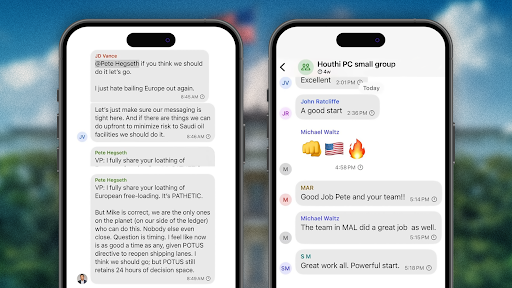The past few months have been a governmental roller coaster with the election, cabinet appointee selections, and the mysterious drones. However, the United States is not the only country that is having governmental anomalies.
The former Prime Minister of Canada, Justin Trudeau, decided to step down from his role in early January. According to BBC News, he faced “growing pressure from his own party” to resign after nine years of holding the position. Trudeau says that he will remain in office until March 24th, when his party can make a new decision on their leader. In the words of Trudeau, “This country deserves a real choice in the next election, and it has become clear to me that if I’m having to fight internal battles, I cannot be the best option in that election” (BBC).
Trudeau, the son of prominent former Canadian Prime Minister Pierre Trudeau, initially won a landslide victory when he was elected in 2015 (BBC). In recent years, however, his popularity has declined. Canadians felt that Trudeua’s poor decision making when it came to inflation rates, increased immigration, and the housing affordability crisis made him the most unpopular candidate. Many Canadians felt that even though Trudeau (53) is relatively young in the world of politics, he was out of touch with the modern world, and focused the needs of certain groups higher than others (USC Dornsife). The chances of his liberal party winning were slim to none, and Trudeau felt that he needed to get out before things got any worse.
International politics also played a role in Trudeau’s decision. Donald Trump’s election win in the United States brought added challenges. Trump’s proposal of a 25% tariff on Canadian goods would be detrimental for the current fragile state of Canada’s economy. Trudeau was criticized for the lack of responses he has given to Trump, and failing to be productive in a position of power. Trump referred to Trudeau as “governor” rather than as a leader of the nation, adding another layer of insult to his authority (The New York Times). This led to Canadians publicly shaming and humiliating Trudeau for being seen as a weak leader.
With these events in mind, Ramapo students and faculty wish to voice their opinions and concerns on this matter. Junior Ava L’Hereux states, “ I have not heard much about the resignation of the Canadian prime minister, all I’ve heard is that Wayne Gretski might be running for the position next.” Ms. Casey, an English teacher at Ramapo, heard rumors about Wayne Gretski as well: “I saw some headlines about Trump urging Gretski to run, but I know there are a lot of other qualified candidates who are looking forward to the election in March. Whoever wins, I hope they are able to bring a sense of unity and confidence back to Canada.”
Even though Trudeau’s resignation may be intended to give Canada a fresh start, conservative Canadian leader Pierre Poilieverre states that “Nothing has changed” in the aftermath of Trudeau stepping down. Canadians now look to the future, hoping for a strong leader to represent their nation as a whole.






